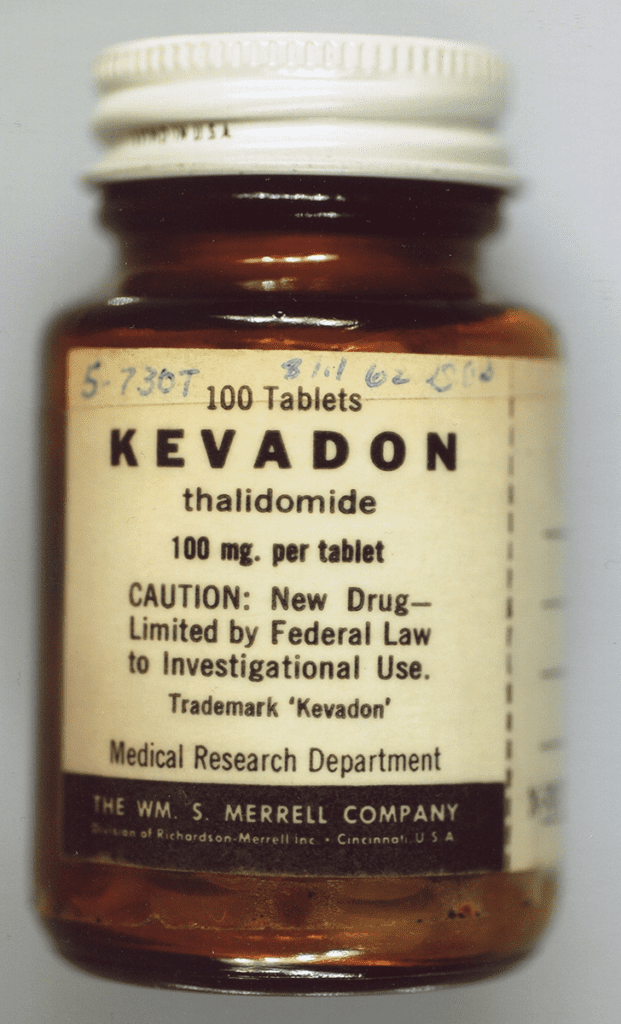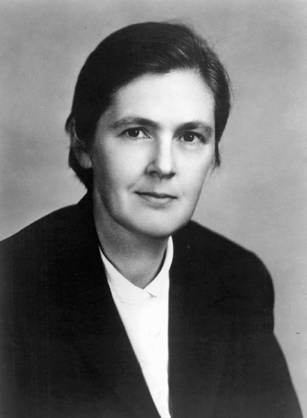I wish to celebrate an important birthday today. This piece has little to do with crime or writing, except for the odd fact of some things not being crimes, and the interesting differences between real life and storytelling. What I mean by that, is that this true tale will take some turns very different than they would in, say, a movie about the events.
Frances Oldham was born 110 years ago today, July 24th, 1914, in Cobble Hill, British Columbia. In an era when few women attended college, she got Bachelor and Masters degrees in pharmacology. In 1936 she applied for a job at the University of Chicago and was hired by a boss who assumed "Frances" was a man's name. In that non-existent movie about her life this would no doubt provide many dramatic scenes about her battles with sexism, and some probably happened, but I found no record of them.
The next year her boss worked with the Food and Drug Administration on a strange case, involving an antibiotic called sulfanilamide. It worked fine as a pill but many people in the south preferred to take medicine in liquid form so a chemist found a liquid that would dissolve the drug. Unfortunately, the liquid was poisonous and more than one hundred people died.
 |
| Elixir Sulfanilimide |
The owner of the company said "I do not feel that there was any responsibility on our part." The chemist apparently felt differently, since he killed himself.
Here is the strange bit: the FDA had no authority to force the drugs off of store shelves. At the time the FDA could only deal with false labels, and the labels were completely accurate. This resulted in a law passing in 1938 giving the agency control over the drugs themselves, not just the packaging - the beginning of all those pesky federal regulations some of us complain about.
Besides her experience in this field, Oldham also acquired at the University of Chicago a Ph.D., an M.D., and a husband. So she became Dr. Frances Kelsey.
In 1960 she got a job at the FDA reviewing drugs. She was quickly assigned to check a trnquilizer/painkiller the Richardson-Merrell company wanted to sell, called Kevadon. It was already in use in almost two dozen countries, including Kelsey's beloved Canada.
But Kelsey said no. She insisted on seeing the clinical trials. The FDA could only hold up a drug for sixty days but she kept getting two month extensions, while the pharmaceutical company ranted and complained.
 In our imaginary movie this would be the part where she battles furiously with her boss. In reality Kelsey said the FDA higher-ups supported her. Good for the nation's health, but lousy for drama.
In our imaginary movie this would be the part where she battles furiously with her boss. In reality Kelsey said the FDA higher-ups supported her. Good for the nation's health, but lousy for drama.
More than a year after Kelsey's holding operation started the news began pouring out of Europe: Kevadon, under its generic name Thalidomide, was the factor connecting the births of many malformed babies. A drug which had been specially promoted for pregnant women was causing horrible birth defects.
Because of Dr. Kelsey's firmness and demand for scientific rigor, there were only seventeen such cases in the United States -- and those were because Richardson-Merrell had distributed "experimental" doses, which was allowed under the current law.
Again, in our pretend drama, this might be the point to lament Kelsey's contribution being forgotten, or else attributed to some man. In real life that didn't happen. Kennedy gave her the President's Award for Distinguished Federal Civil Service.
But we get into more dramatic territory in 1966 when a new FDA commissioner, apparently resenting her fame and believing drug company complaints that Kelsey had refused the approval out of laziness, demoted her. But when that commissioner left she returned to her role as Director of Scientific Investigations. She retired at age ninety. The FDA gives out an annual Drug Safety Excellence Award, named in her honor.
It seems fitting that on her birthday we remember Dr. Frances Oldham Kelsey, who was responsible in the early sixties for so many birthdays being happy.
